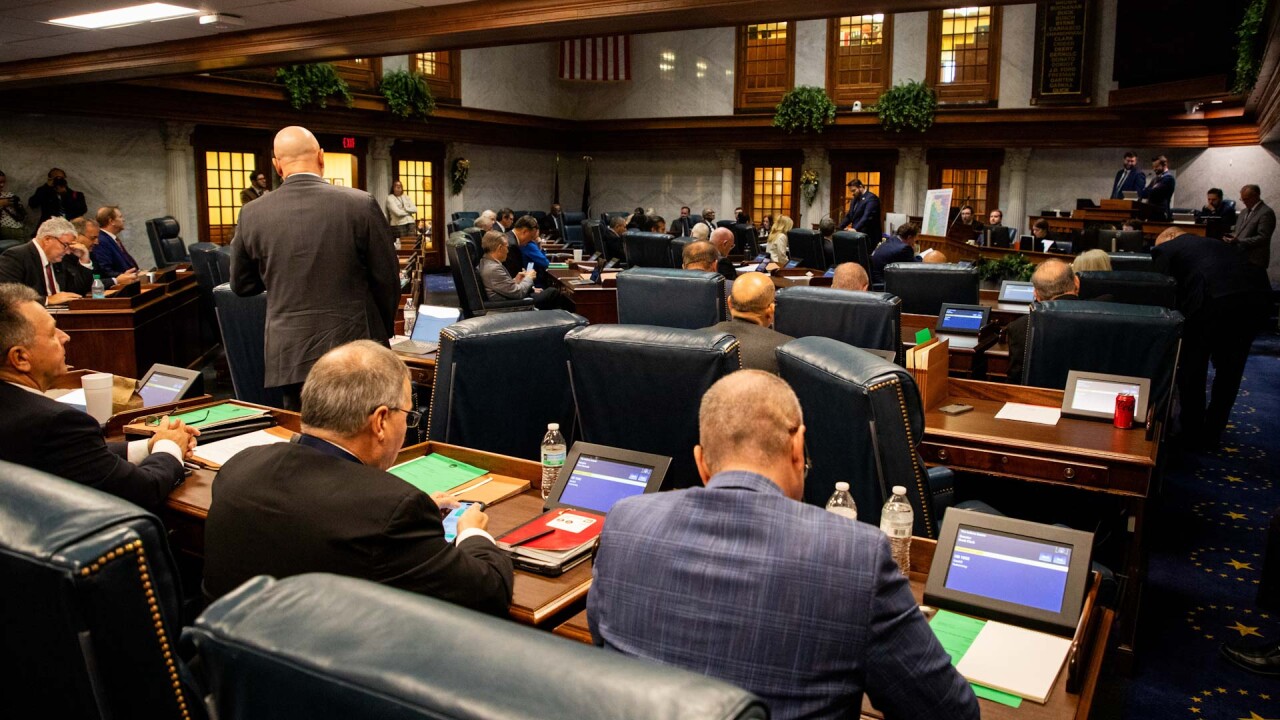A group representing the public power industry is refuting claims made by New York City Comptroller William Thompson Jr. in his letter asking the Treasury Department to reconsider its policy allowing tax-exempt financing of coal-fired power plants.
Thompson sent a letter to the Treasury June 6 urging officials to review the "financial and environmental risks" associated with the use of tax-exempt bonds to finance coal-fired plants. Regulatory uncertainty on carbon emissions and "skyrocketing increase of construction costs" are among the factors making coal-fired plants poor candidates for tax-exempt financing, he said.
But in a June 19 letter sent to Treasury officials, Mark Crisson, president and chief executive officer of the American Public Power Association, which lobbies on behalf of state and local public power, said Thompson's concern "has much more to do with advocacy for a certain perspective on the issue of global climate change than it does with federal policy on the use of tax-exempt financing."
The APPA's argument against reconsideration of tax-exempt financing for the plants is multi-layered, Crisson said in an interview. Administering tax-exempt bond financing is within the purview of the Treasury Department, he said, but "doing evaluations of environmental issues" is not the department's responsibility.
A review could "affect the cost of financing during that period" by creating uncertainty, Crisson said.
"But aside from that, we think it's really unnecessary," he said. "We think it's a waste of taxpayer resources."
A spokeswoman for Thompson said the comptroller's letter and an attached report provided "compelling reasons" for concerns about disruption of the bond market. He cited the U.S. Department of Agriculture's Rural Utility Services concerns about coal plants, among other things.
But the APPA countered by pointing out that the three major credit rating agencies continue to say the outlook for the public power sector is stable and its credit ratings are strong.
Crisson said A and A-plus were the average ratings Fitch Ratings assigned to utilities in the public power system in October. Standard & Poor's and Moody's Investors Service each released reports this month concluding that public power's credit quality is strong. However, the two reports also said greenhouse gas emissions are an increasing factor in determining credit quality.
Coal- and gas-fired power plants still account for the lion's share of construction dollars and energy capacity despite a "drive toward construction of green energy capacity," the Standard and Poor's report said.
"Utilities that generate or purchase power from coal-fired power plants will particularly feel the effects of such actions. So they should be determining their carbon footprints and examining methods to reduce emissions," the report said.
Crisson said in the APPA's letter and in an interview that public power is not naïve to risks and uncertainties of the energy market.
Thompson's letter mentioned power plants moving forward with tax-exempt support despite risks, which "could prove disruptive to municipal systems, bond markets, and the federal government."
Of the plants Thompson cited, one received an A rating last month from Fitch for its project revenue bonds, and potential regulatory costs were considered in the planning and feasibility analysis conducted for the plant, the APPA argued.
The Treasury Department has not yet responded to either Thompson or the APPA.





